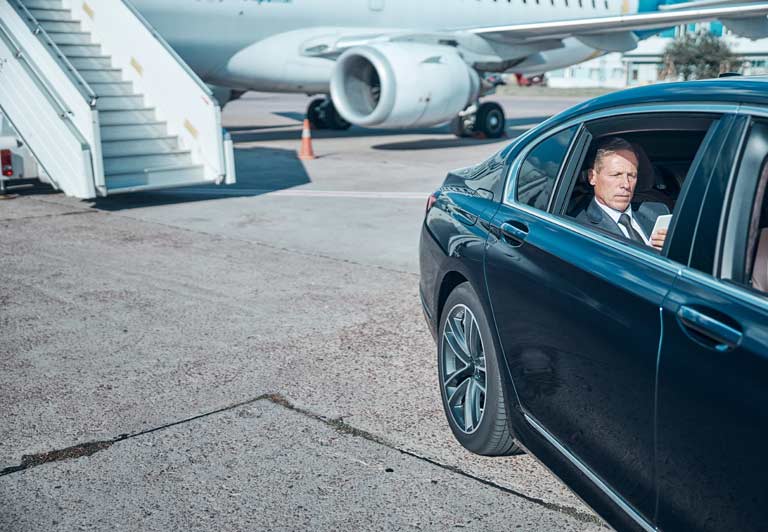As someone with over two decades in the limousine industry, I’ve learned one hard truth: when business travel sneezes, transportation services catch a cold. Global trends, government policies, and corporate travel budgets directly influence how often our phones ring and how many black cars roll out each morning. The latest poll from the Global Business Travel Association (GBTA) confirms this connection. It offers serious insight into how global uncertainty is forcing companies to pull back on business travel—and why that matters for us in the limousine industry.
Let’s break this down into two parts. First, the theoretical foundation and the economic signals. Then, we’ll dive into what this means practically—how to adapt, survive, and even grow during slower travel cycles.
Understanding the Shifting Landscape of Business Travel
Global Events Shape Local Demand
The GBTA poll highlights a chilling shift. Recent U.S. government actions—tariffs, visa restrictions, and travel advisories—have sparked global hesitation. Companies, especially those based outside the U.S., are starting to rethink how often and where they send their employees.
- 25% of travel managers are considering revising policies for U.S. travel.
- 14% have already moved meetings out of the U.S. or are planning to.
- 20% have pulled or may pull attendance from U.S.-based events.
In short, fewer executives are flying in, and that means fewer rides from O’Hare to Chicago, fewer downtown drop-offs, and fewer nights of back-to-back bookings.

Economics and Uncertainty Hit First
What’s fueling this shift? It’s not just politics—it’s economic anxiety. Business travel is often one of the first things companies cut when belts tighten.
Key concerns include:
- Rising travel costs (cited by 54% of respondents).
- Potential budget cuts (40%).
- Hassles related to visas and documentation (46%).
As a limousine operator, I don’t need a fancy economic report to tell me that when companies pause travel, we see empty gaps on the dispatch board.
Navigating the Change: Practical Moves for Limousine Operators
Rethink Your Target Clients
When international business slows, turn local. Focus on domestic travel, regional conferences, and industries less impacted by global politics—like medical, education, and finance. I’ve had weeks where corporate rides dried up but made up for it by marketing to event planners and legal firms attending local summits.
Offer Flexible, All-Inclusive Packages
Businesses under budget stress want certainty. Offer flat-rate pricing and all-inclusive packages for airport runs, day charters, or executive meetings. Transparency builds trust—and repeat business. We once landed a pharmaceutical rep account by offering guaranteed pricing for six months while others kept shifting rates.
Beef Up Duty-of-Care Communication
The report showed traveler safety is top of mind. Clients need to know their staff will be safe, on time, and well cared for. Use this to your advantage. Emphasize:
- Clean, sanitized vehicles.
- Professional, vetted chauffeurs.
- GPS tracking and client alerts.
This isn’t just lip service—real peace of mind can win you contracts.
Diversify Fleet Usage
Have a stretch sitting idle? Promote it for high-end date nights, anniversary rides, or even private winery tours. Our Escalade sat still for weeks until we repositioned it as a “luxury quarantine escape” during the early COVID days. It worked. We booked 19 rides that month.
Final Thought: Stay Nimble, Stay Profitable
The GBTA’s report may be sobering, but it’s also a wake-up call. Business travel isn’t disappearing—it’s evolving. We can sit idle and hope for the old days to return, or we can adapt. In this business, the only constant is change. And those who pivot, survive.
If travel shifts away from the U.S., so be it. But there will always be someone landing at the airport, someone planning a deal, someone needing a clean, quiet ride to think. Our job is to make sure we’re the ones they call.

